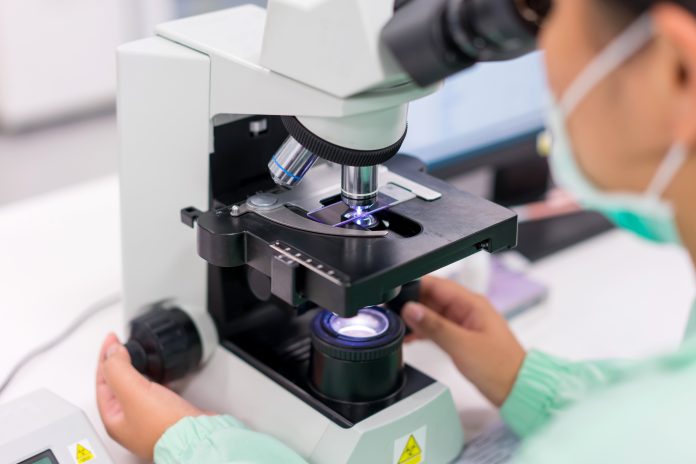There is more positive news regarding remdesivir, the investigational anti-viral drug that has shown early promise in the fight against COVID-19
This week, research has been undertaken at Vanderbilt University Medical Center (VUMC), the University of North Carolina at Chapel Hill and Gilead Sciences. It showed that remdesivir potently inhibited SARS-CoV-2, the virus which causes COVID-19, in human lung cell cultures and it also improved lung function in mice infected with the virus.
Remdesivir has been given to patients hospitalised with COVID-19 on a compassionate use basis since late January and through clinical trials since February. Therefore, the recent findings can help to explain the clinical effect the drug has had in treating COVID-19 patients.
In April, a preliminary report from the multicentre Adaptive COVID-19 Treatment Trial (which included VUMC) suggested that patients who received the drug had a quicker recovery.
VUMC’s Andrea Pruijssers, PhD, said: “All of the results with remdesivir have been very encouraging, even more so than we would have hoped, but it is still investigational, so it was important to directly demonstrate its activity against SARS-CoV-2 in the lab and in an animal model of disease.”
Researchers at VUMC and UNC-Chapel Hill have been studying remdesivir since 2014.
They were the first to perform detailed studies to demonstrate that the drug showed broad and highly potent activity against coronaviruses in laboratory tests. Remdesivir was developed by Gilead Sciences to initially combat hepatitis C and respiratory syncytial virus, and later the Ebola virus.
Clinical trials to combat COVID-19
COVID-19 which has infected more than 12 million people worldwide and killed nearly 600,000, is at least the third instance since 2003 in which a coronavirus, originally transmitted from bats, has caused serious humans serious illness.
Ongoing clinical trials will determine precisely how much remdesivir benefits patients in different stages of COVID-19 disease.
Meanwhile, in the laboratory, Pruijssers explained: “We also are focusing on how to use remdesivir and other drugs in combinations to increase their effectiveness during COVID-19 and to be able to treat at different times of infection.
“Broad-spectrum antiviral drugs, antibodies, and vaccines are needed to combat the current pandemic and those that will emerge in the future.”
In addition to SARS-CoV-2, studies have shown that remdesivir is effective against a vast array of coronaviruses, including other bat viruses that could occur in the future.
“We hope that will never happen, but just as we were working to characterize remdesivir over the past six years to be ready for a virus like SARS-CoV-2, we are working and investing now to prepare for any future coronavirus,” Pruijsser stated.











